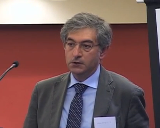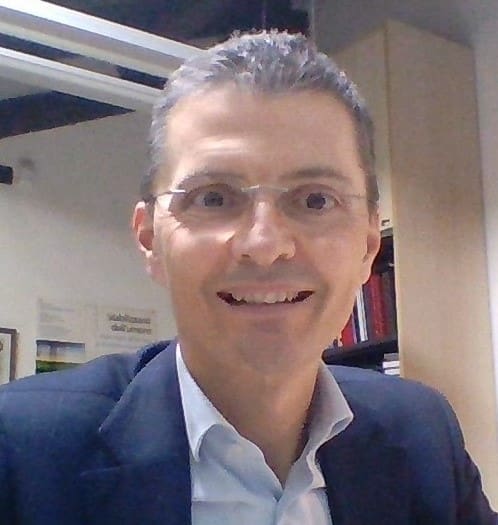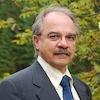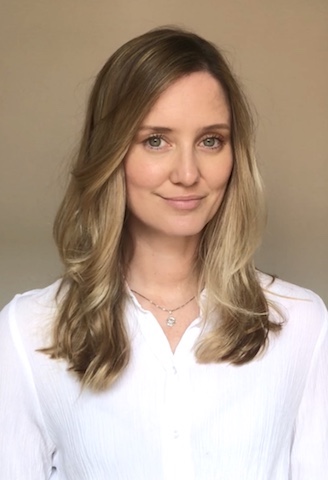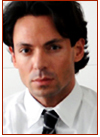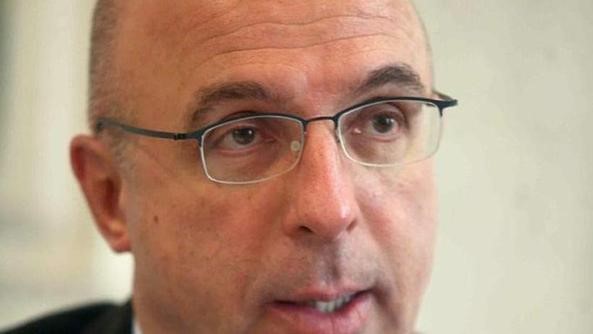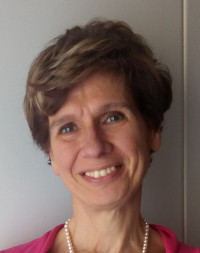Studying at the University of Verona
Here you can find information on the organisational aspects of the Programme, lecture timetables, learning activities and useful contact details for your time at the University, from enrolment to graduation.
Academic calendar
The academic calendar shows the deadlines and scheduled events that are relevant to students, teaching and technical-administrative staff of the University. Public holidays and University closures are also indicated. The academic year normally begins on 1 October each year and ends on 30 September of the following year.
Course calendar
The Academic Calendar sets out the degree programme lecture and exam timetables, as well as the relevant university closure dates..
| Period | From | To |
|---|---|---|
| TERP ROV 2^ ANNO - 1^ SEMESTRE | Oct 4, 2017 | Dec 7, 2017 |
| TERP ROV 1^ ANNO - 1^ SEMESTRE | Oct 9, 2017 | Dec 15, 2017 |
| TERP ROV 3^ ANNO - 1^ SEMESTRE | Oct 9, 2017 | Nov 8, 2017 |
| TERP ROV 3^ ANNO - 2^ SEMESTRE | Feb 5, 2018 | Mar 16, 2018 |
| TERP ROV 1^ ANNO - 2^ SEMESTRE (1 periodo) | Feb 5, 2018 | Mar 9, 2018 |
| TERP ROV 2^ ANNO - 2^ SEMESTRE | Mar 12, 2018 | May 18, 2018 |
| TERP ROV 1^ ANNO - 2^ SEMESTRE (2 periodo) | Apr 11, 2018 | May 25, 2018 |
| Session | From | To |
|---|---|---|
| TERP ROV sessione invernale 2 anno | Dec 18, 2017 | Jan 26, 2018 |
| TERP ROV sessione invernale 1 e 3 anno | Jan 8, 2018 | Feb 2, 2018 |
| TERP ROV sessione estiva 2 anno | May 28, 2018 | Jun 22, 2018 |
| TERP ROV sessione estiva 1 e 3 anno | Jul 2, 2018 | Jul 31, 2018 |
| TERP ROV sessione autunnale | Sep 3, 2018 | Sep 28, 2018 |
| Session | From | To |
|---|---|---|
| TERP SESSIONE AUTUNNALE | Nov 1, 2018 | Dec 31, 2018 |
| TERP SESSIONE PRIMAVERILE | Mar 1, 2019 | Apr 30, 2019 |
| Period | From | To |
|---|---|---|
| All Saints Day | Nov 1, 2017 | Nov 1, 2017 |
| Immaculate Conception | Dec 8, 2017 | Dec 8, 2017 |
| Christmas break | Dec 22, 2017 | Jan 7, 2018 |
| Easter break | Mar 30, 2018 | Apr 3, 2018 |
| Liberation Day | Apr 25, 2018 | Apr 25, 2018 |
| Labour Day | May 1, 2018 | May 1, 2018 |
| Republic Day | Jun 2, 2018 | Jun 2, 2018 |
| Festa S. Patrono | Aug 5, 2018 | Aug 5, 2018 |
| VACANZE ESTIVE | Aug 6, 2018 | Aug 19, 2018 |
| Description | Period | From | To |
|---|---|---|---|
| TERP ROV 3 ANNO - 1 SEMESTRE | TERP ROV 3 ANNO - 1 SEMESTRE | Nov 8, 2017 | Dec 15, 2017 |
| TERP ROV 2 ANNO - 2 SEMESTRE 1 periodo | TERP ROV 2 ANNO - 2 SEMESTRE 1 periodo | Jan 29, 2018 | Mar 9, 2018 |
| TERP ROV 1 ANNO - 2 SEMESTRE 1 periodo | TERP ROV 1 ANNO - 2 SEMESTRE 1 periodo | Mar 12, 2018 | Apr 10, 2018 |
| TERP ROV 3 ANNO - 2 SEMESTRE 1 periodo | TERP ROV 3 ANNO - 2 SEMESTRE 1 periodo | Mar 19, 2018 | May 4, 2018 |
| TERP ROV 3 ANNO - 2 SEMESTRE 2 periodo | TERP ROV 3 ANNO - 2 SEMESTRE 2 periodo | May 14, 2018 | Jun 22, 2018 |
| TERP ROV 1 ANNO - 2 SEMESTRE 2 periodo | TERP ROV 1 ANNO - 2 SEMESTRE 2 periodo | May 28, 2018 | Jun 22, 2018 |
| TERP ROV 2 ANNO - 2 SEMESTRE 2 periodo | TERP ROV 2 ANNO - 2 SEMESTRE 2 periodo | Jun 25, 2018 | Jul 27, 2018 |
| TERP ROV 2 ANNO - 2 SEMESTRE 3 periodo | TERP ROV 2 ANNO - 2 SEMESTRE 3 periodo | Sep 3, 2018 | Sep 28, 2018 |
Exam calendar
Exam dates and rounds are managed by the relevant Medicine Teaching and Student Services Unit.
To view all the exam sessions available, please use the Exam dashboard on ESSE3.
If you forgot your login details or have problems logging in, please contact the relevant IT HelpDesk, or check the login details recovery web page.
Should you have any doubts or questions, please check the Enrollment FAQs
Academic staff
 0464403434
0464403434
 loretta.berti@univr.it
loretta.berti@univr.it
 borghesi.a@mail.apss.tn.it
borghesi.a@mail.apss.tn.it
 silvia.chiesa@apss.tn.it
silvia.chiesa@apss.tn.it
 marco.ferdeghini@univr.it
marco.ferdeghini@univr.it
 045 812 47 84 (Segreteria) 045 802 74 89 (Segreteria di Istituto)
045 812 47 84 (Segreteria) 045 802 74 89 (Segreteria di Istituto)
 valentina.fornari@virgilio.it
valentina.fornari@virgilio.it
 drgasp@tin.it
drgasp@tin.it
 enrica.latterini@apss.tn.it
enrica.latterini@apss.tn.it
 renata.lazzeri@apss.tn.it
renata.lazzeri@apss.tn.it
Mazzoni Noemi
 anja.meyer@univr.it
anja.meyer@univr.it
 rocco.micciolo@economia.unitn.it
rocco.micciolo@economia.unitn.it
 claudio.moser@apss.tn.it
claudio.moser@apss.tn.it
 antonio.nocera@univr.it
antonio.nocera@univr.it
Raffaeta' Roberta
Virga Mariano
 vivaldelli@tn.apss.tn.it
vivaldelli@tn.apss.tn.it
Study Plan
The Study Plan includes all modules, teaching and learning activities that each student will need to undertake during their time at the University.
Please select your Study Plan based on your enrollment year.
1° Year
| Modules | Credits | TAF | SSD |
|---|
2° Year activated in the A.Y. 2018/2019
| Modules | Credits | TAF | SSD |
|---|
3° Year activated in the A.Y. 2019/2020
| Modules | Credits | TAF | SSD |
|---|
| Modules | Credits | TAF | SSD |
|---|
| Modules | Credits | TAF | SSD |
|---|
| Modules | Credits | TAF | SSD |
|---|
Legend | Type of training activity (TTA)
TAF (Type of Educational Activity) All courses and activities are classified into different types of educational activities, indicated by a letter.
Career prospects
Module/Programme news
News for students
There you will find information, resources and services useful during your time at the University (Student’s exam record, your study plan on ESSE3, Distance Learning courses, university email account, office forms, administrative procedures, etc.). You can log into MyUnivr with your GIA login details: only in this way will you be able to receive notification of all the notices from your teachers and your secretariat via email and soon also via the Univr app.
Orario lezioni
Documents
| Title | Info File |
|---|---|
|
|
pdf, it, 66 KB, 22/09/23 |
|
|
pdf, it, 293 KB, 12/04/24 |
|
|
pdf, it, 259 KB, 10/04/24 |
|
|
pdf, it, 32 KB, 05/03/24 |
|
|
pdf, it, 1453 KB, 15/02/24 |
Gestione carriere
Appelli d'esame
AVVISO IMPORTANTE
Documents
| Title | Info File |
|---|---|
|
|
pdf, it, 313 KB, 02/10/23 |
Student login and resources
Attività Seminariali/a scelta dello studente
Attività Seminariali/a scelta dello studente
Tirocinio professionalizzante
Documents
| Title | Info File |
|---|---|
|
|
pdf, it, 146 KB, 15/02/24 |
